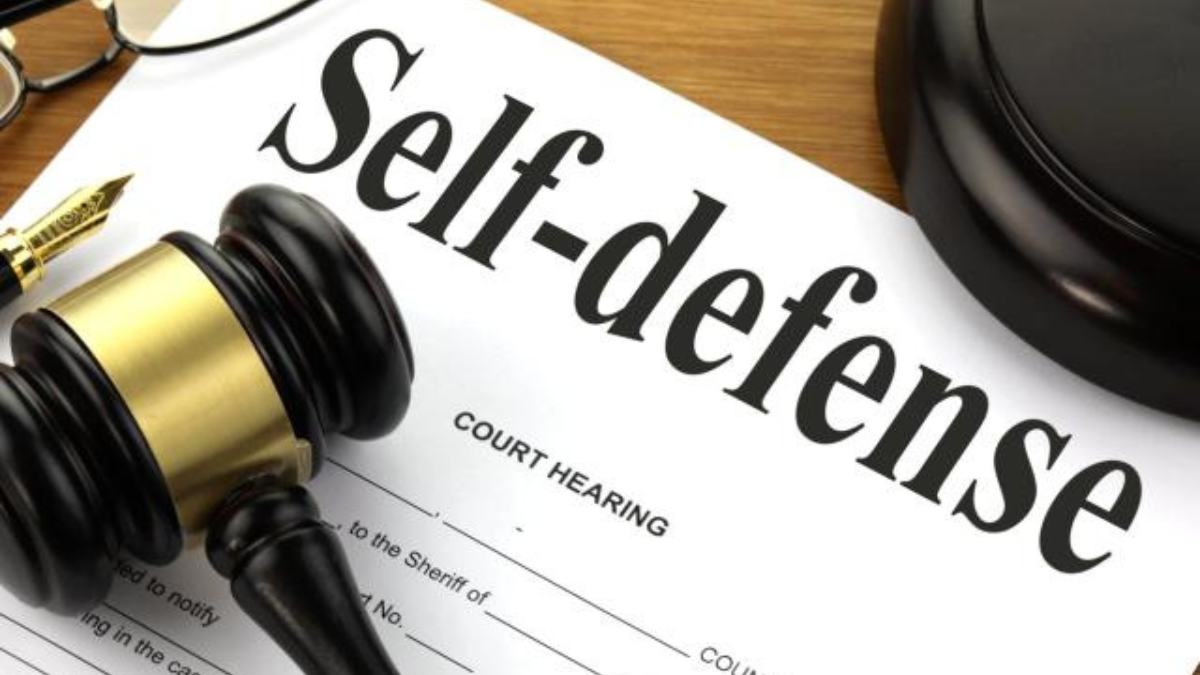
Understanding Self-Defense and Defense of Others in Legal Context
Within the framework of legal principles, self-defense and defense of others serve as crucial defenses for individuals accused of committing acts that would otherwise be considered criminal. While our legal system generally disapproves of resorting to violence, it recognizes the inherent right of individuals to protect themselves and those around them from harm using reasonable force. Also check top 10 criminal lawyers in bangalore
Imminent Threat
Both self-defense and defense of others rely on the existence of an immediate danger that prompts a real sense of impending harm for either the accused or the person under protection. This danger may arise from spoken threats or physical gestures. It’s vital to stress that this defense holds validity only for as long as the danger persists. If the threat diminishes or disappears entirely, the application of force changes from self-defense to retaliation, thereby forfeiting its legal basis.
Initiating Conflict
Even in situations where the defendant initiates the confrontation, they may still invoke self-defense if they reasonably perceive themselves to be in danger. For instance, if Margot initiates a conflict by hurling an object at Maurice, and Maurice responds with threatening behavior, Margot can argue self-defense if she genuinely fears for her safety and responds in a manner proportional to the threat. However, if Maurice retaliates after the initial threat has subsided, it constitutes retaliation rather than self-defense.
Reasonable Apprehension
Both self-defense and defense of others necessitate that the fear prompting the use of force be objectively reasonable. This means that a reasonable person faced with a similar situation would also experience a similar level of fear and apprehension. For example, if someone brandishes what appears to be a real firearm, it’s understandable for an individual to fear for their safety. However, if it later turns out to be a toy gun, the fear may not be considered objectively reasonable.
Proportionate Response
The principle of proportionality governs the use of force in self-defense. The force employed must correspond to the level of threat encountered. This is especially critical in cases involving deadly force. For instance, responding to a non-lethal threat with deadly force is not justifiable as self-defense. However, if an individual genuinely believes they are about to face lethal harm and responds with deadly force, it may be deemed justified under the law.
Legal Requirements
Certain jurisdictions impose additional legal requirements, such as the duty to retreat before resorting to deadly force if it can be done safely. However, many states have “stand your ground” laws, which eliminate the obligation to retreat in certain circumstances, allowing individuals to defend themselves without seeking to evade the threat.
In conclusion, self-defense and defense of others are fundamental legal concepts that uphold individuals’ rights to protect themselves and others from harm. These principles strike a delicate balance between the fundamental right to safety and the imperative of preventing unjustifiable violence.
Comments are Closed